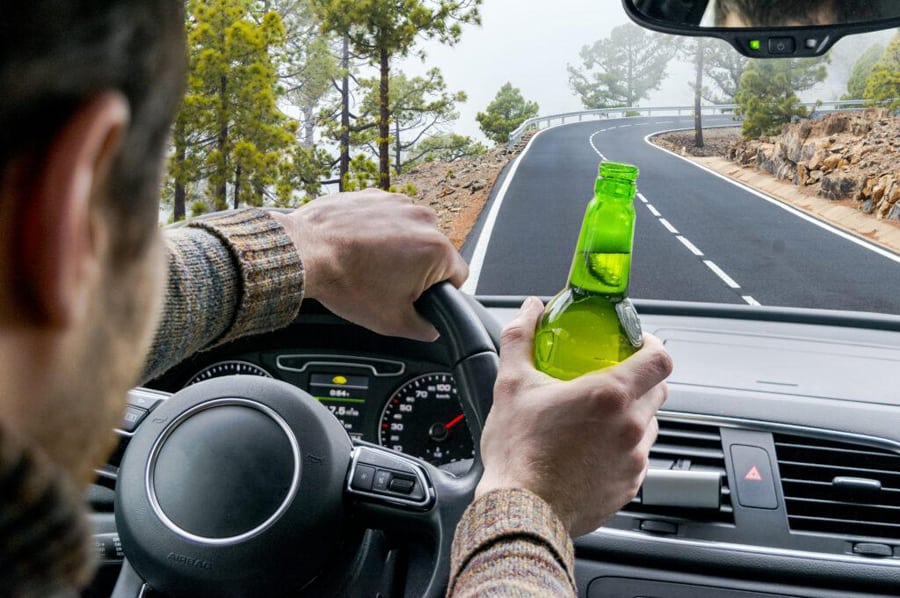-
Location: New Jersey DWI Lawyer 609 Main St. Toms River, NJ - 08753
-
Phone:
201-214-4444
732-282-1394 (1DWI)
Be aware of law and policy on DWI prevention.
Driving while intoxicated remains a critical issue on our roads, posing significant risks to public safety.
Let’s dive right in!
What is Drunk Driving?
Drunk driving is the perilous act of operating a vehicle under the influence of alcohol or drugs. It’s a reckless choice that endangers lives, impairing a driver’s judgment, coordination, and reaction time.
Beyond legal consequences, it’s a threat to everyone on the road.
Legal and Policy Measures for Reduction of Drunk Driving
Here are effective ways of addressing drunk driving on our roads:
Strict DUI Laws and Penalties
Enforce stringent laws regarding Driving Under the Influence (DUI). Implement severe penalties, including:
- Fines
- License suspension, and
- Mandatory enrollment in alcohol education programs.
Random Sobriety Checkpoints
Conduct random sobriety checkpoints to deter individuals from driving under the influence. Increase the apprehension of drunk drivers.
Ignition Interlock Device Installation
Mandate the installation of ignition interlock devices for individuals with DUI convictions. These devices prevent the vehicle from starting if alcohol is detected on the driver’s breath, and have been shown to modify behavior.
Education and Awareness Programs
Launch comprehensive education campaigns highlighting the dangers of drunk driving. Increase public awareness about available alternatives, such as designated drivers or ride-sharing services.
Community Involvement
Encourage community engagement in preventing drunk driving. Establish partnerships between law enforcement, local businesses, and community groups to organize awareness events.
Banning Open Containers
Prohibit the possession and consumption of open alcoholic containers in vehicles. Create a clear legal boundary to discourage drivers from consuming alcohol while on the road.
Promote Designated Drivers
Encourage the use of designated drivers through incentives and awareness programs. Emphasize the importance of planning to ensure a sober driver is available.
Social Host Liability Laws
Implement laws holding people accountable for providing alcohol to minors or intoxicated guests. Foster responsible hosting practices and reduce the likelihood of impaired individuals getting behind the wheel.
Enhanced Law Enforcement Training
Provide specialized training for law enforcement officers to identify and handle drunk driving cases effectively. Equip officers with the tools and knowledge needed to conduct accurate sobriety tests.
Embrace Technology
Technological solutions like alcohol-sensing vehicle systems can help curb drunk driving.
By adopting these and other measures, we can create a robust framework for preventing drunk driving incidents. Together, we can make significant strides in ensuring safer roads for everyone. Remember, road safety is everyone’s concern.


